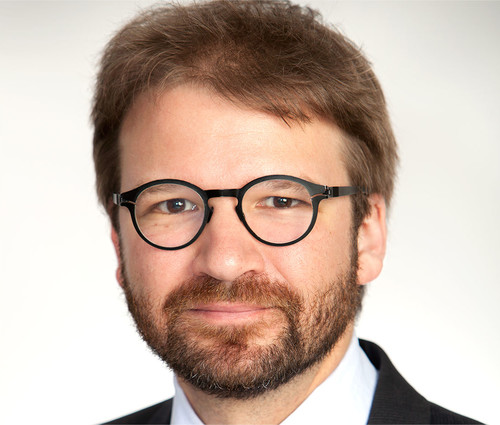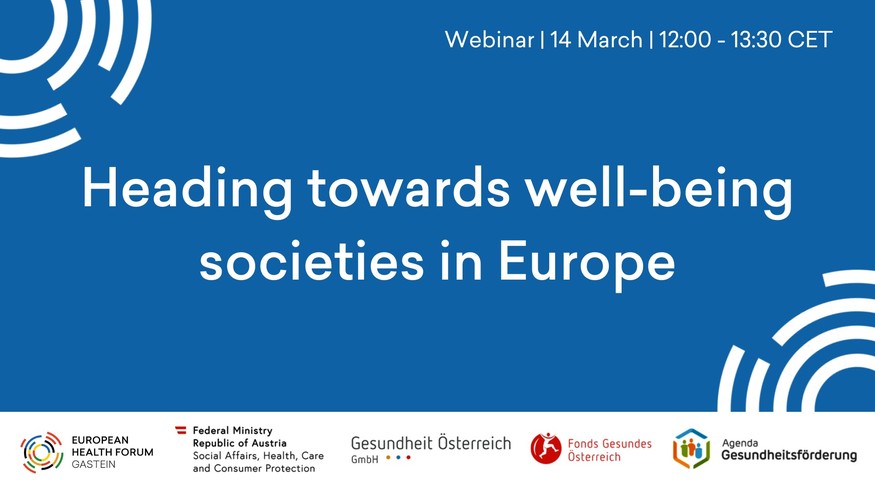Heading towards well-being societies in Europe
14 March 2024 | 12:00-13:30 | Online
Well-being societies are those that prioritise the well-being of their citizens over economic growth and profit. According to the World Health Organization, well-being is a positive state experienced by individuals and societies, determined by social, economic, and environmental conditions. It encompasses quality of life and the ability of people and societies to contribute to the world with a sense of meaning and purpose. To deliver well-being societies, the 2021 Geneva Charter for Well-being by the United Nations Organization (UNO) calls for investments in planetary, societal, community, and individual health and well-being. In parallel adjustments are needed to social structures to help people take charge of their lives and health, and a reorientation of societal attitudes and actions in a fundamental way that aligns with the 2030 Agenda for Sustainable Development.
During this webinar, featuring stakeholders from across the societal spectrum, we explored the fundamentals of a well-being society, and heard from a range of international actors putting well-being at the forefront of their policies.
SPEAKERS

Eluned Morgan
First Minister, Wales

Natasha Azzopardi-Muscat
Director, Division of Country Health Policies and Systems, WHO Regional Office for Europe

Riikka Pellikka
Senior Advisor, Ministry of Social Affairs and Health, Finland

Amanda Janoo
Knowledge and Policy Lead, Wellbeing Economy Alliance

Herwig Ostermann
Executive Director, Austrian Public Health Institute

Clara Moder
Consultant for Social Policy, arbeit plus

Judith delle Grazie
Head of Department, Austrian Federal Ministry of Health

Dorli Kahr-Gottlieb
Secretary General, European Health Forum Gastein
